Damon Centola Little, Brown Spark (2021)
Sociologist Damon Centola investigates the types of network that create major social change. Compelling examples range across history, geography and social settings — from ancient China to the Black Lives Matter movement. China led in technological innovation for well over a millennium, then lost out to European nations because, Centola says, the centralized control that captured and spread ideas from all over China later stifled independent thought. “The key to initiating social change is to target the periphery,” he argues.
Andrea Pitzer Simon and Schuster (2021)
In ancient Greek mythology, the North Pole was a temperate region. Sixteenth-century mapmaker Gerardus Mercator thought it could be a route to China. Inspired by such beliefs, in 1594–97, navigator William Barents sailed on three Arctic voyages, dying after losing his ship to ice in the sea now named after him, and spending a year fighting off polar bears, hunger and cold. Drawing on three Arctic expeditions of her own, journalist Andrea Pitzer captures the story vividly. She concludes that global warming will soon open the Barents Sea to summer navigation.
Daniel C. Dennett & Gregg D. Caruso Polity (2021)
Philosophers have debated whether free will exists for centuries; scientists since the arrival of quantum theory a century ago. This vigorous discussion of punishment, morality, choice and more offers three exchanges between philosophers Daniel Dennett and Gregg Caruso. Caruso agrees with Albert Einstein’s 1929 comment: “I do not believe in free will … My own career was undoubtedly determined … I claim credit for nothing.” Dennett, by contrast, thinks that the free will required for moral responsibility is compatible with determinism.
Avi Loeb Houghton Mifflin Harcourt (2021)
The subtitle, ‘The First Sign of Intelligent Life Beyond Earth’, will provoke scepticism. Yet author Avi Loeb is an astrophysicist at Harvard University in Cambridge, Massachusetts. He says an object seen in 2017 moving rapidly through the inner Solar System, deviating from Earth’s gravitational field, must have been interstellar. Most astronomers think it was a strange comet — but it lacked key features. To Loeb, it was technology from a distant alien civilization. He argues cogently, elegantly and modestly for this controversial claim.
Rebecca Lave & Martin Doyle MIT Press (2021)
‘Stream mitigation banking’ lets US developers damage water ecosystems in exchange for buying credits to restore a comparable habitat. Geographer Rebecca Lave and hydrologist Martin Doyle discuss the arrangement’s questionable operation from 1998 to 2018 in their nuanced study for river scientists, ecological and environmental economists, and advocacy groups. Instead of creating “weirdly unnatural ecosystems”, could the system be reformed to restore nature’s “messy, dynamic, complex ecosystems”?
"social" - Google News
February 03, 2021 at 05:27PM
https://ift.tt/3pJhxwZ
The key to social change, free will on trial, and an astrophysicist on a visit from extraterrestrials: Books in brief - Nature.com
"social" - Google News
https://ift.tt/38fmaXp
https://ift.tt/2WhuDnP
Bagikan Berita Ini
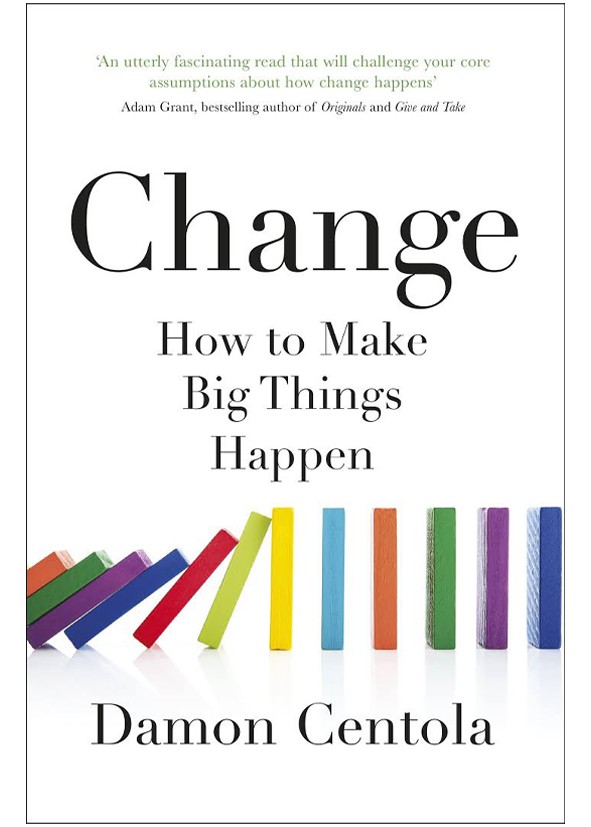
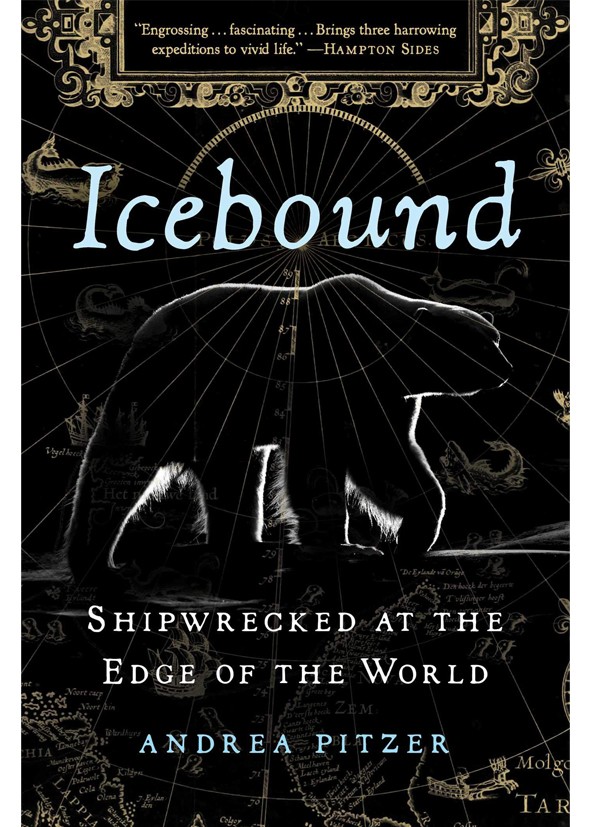
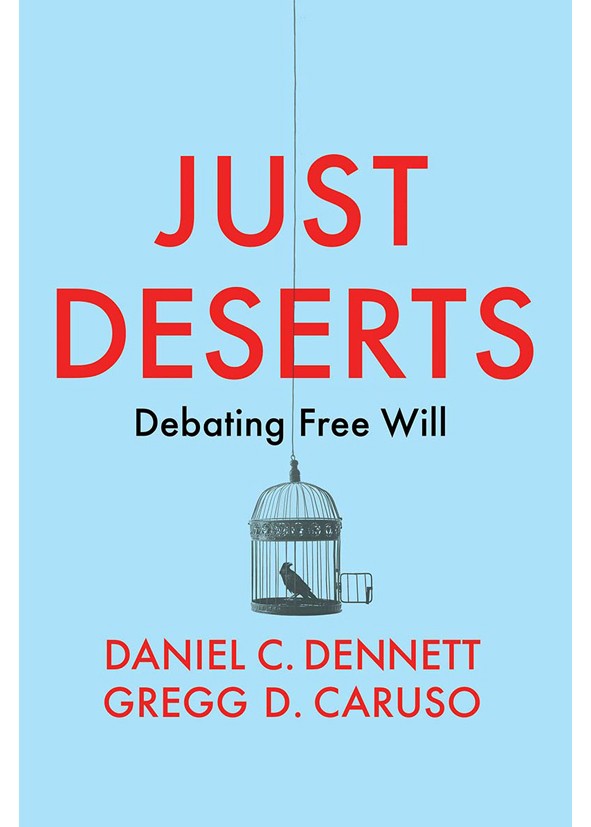
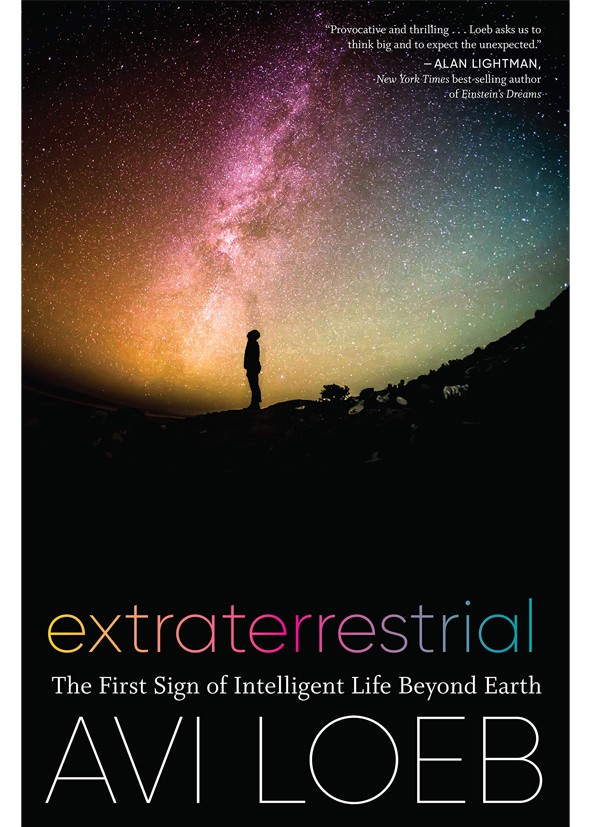
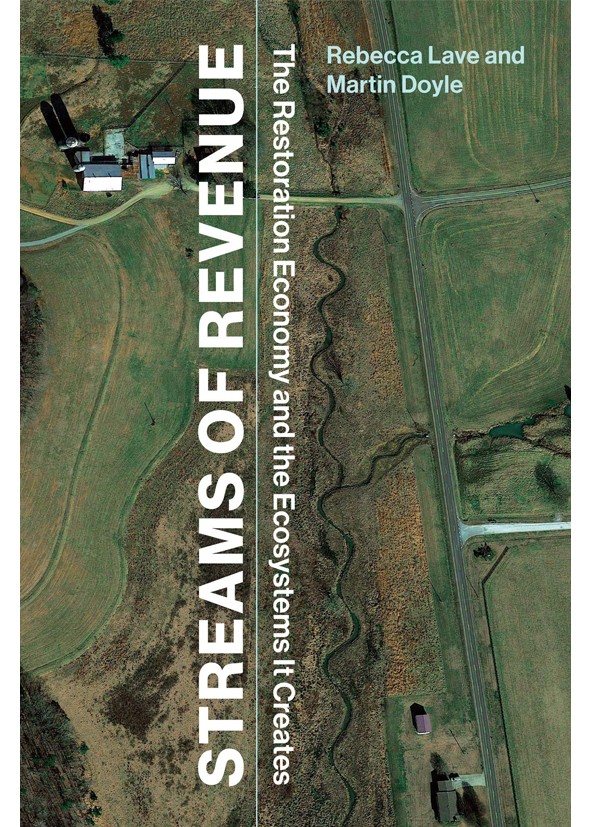















0 Response to "The key to social change, free will on trial, and an astrophysicist on a visit from extraterrestrials: Books in brief - Nature.com"
Post a Comment